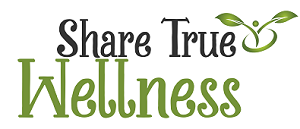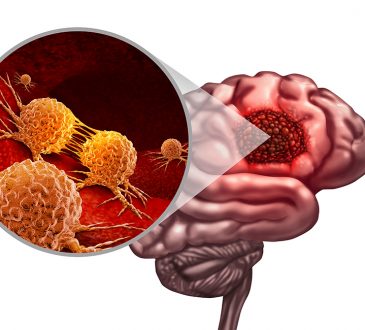
Mosquitoes are bothersome insects that not only itch when they bite, but they also carry a serious risk to your health since they may spread viruses like Dengue, West Nile, and Zika. To overcome the irritation caused by mosquitoes and possible health risks linked to them, adult mosquito control is essential to the management of pest infestations in Portland. In this blog, learn more about adult mosquito control and its role in pest management.
What is Adult Mosquito Control?
To manage adult mosquito populations in locations where they are a nuisance or a threat to public health, specific pesticide applications are made. This technique focuses on mosquitoes during their flight phase, which is usually the most active and likely time for them to come into touch with people. To effectively manage mosquito populations, adult mosquito control methods are frequently used in conjunction with other tactics like larviciding, source reduction, and public education.
Targeted Approach:
Portland’s adult mosquito control strategy places a strong emphasis on this particular approach. Mosquito control experts use surveillance data to pinpoint specific regions with high mosquito activity or where disease transmission is a problem, as opposed to sprinkling insecticides all over huge areas. By using a focused strategy, the environmental impact is minimized and the possibility of unintentional injury to non-target creatures, like beneficial insects and aquatic life, is decreased.
Timing and Technique:
When controlling adult mosquitoes, timing is essential to maximizing efficacy, minimizing exposure to non-target organisms, and minimizing environmental damage. Mosquito spraying is usually done around dawn or dusk when mosquitoes are most active and more likely to be flying and looking for blood meals. Furthermore, experts in mosquito control utilize methods like ultra-low volume (ULV) spraying, which targets adult mosquitoes with minimal doses of insecticide while avoiding chemical drift.
Community Engagement:
Portland’s attempts to manage adult mosquito populations must involve the community. By reporting mosquito sightings, removing mosquito breeding grounds near their houses, and adhering to professional mosquito control advice, residents play a critical part in the fight against malaria. Public outreach and education initiatives also support community involvement in prevention and control activities by increasing knowledge of the significance of mosquito control.
Public Health Measures:
Lowering the risk of diseases carried by mosquitoes is the main objective of Portland’s adult mosquito control program. Numerous infections, such as Zika, West Nile, and St. Louis encephalitis, which can result in life-threatening sickness or even death, are spread by mosquitoes. By reducing adult mosquito populations, adult mosquito control helps to lower the risk of disease transmission and protect the health and well-being of Portland residents.
To sum up, adult mosquito management is essential to controlling pest infestations and safeguarding Portland’s public health. Portland can successfully lower mosquito populations and lower the risk of mosquito-borne illnesses by using targeted spraying techniques, collaborating with other mosquito management tactics, and involving the community in prevention and control initiatives. Portland can preserve its natural beauty while ensuring the health and welfare of its citizens by working together and making well-informed decisions.




